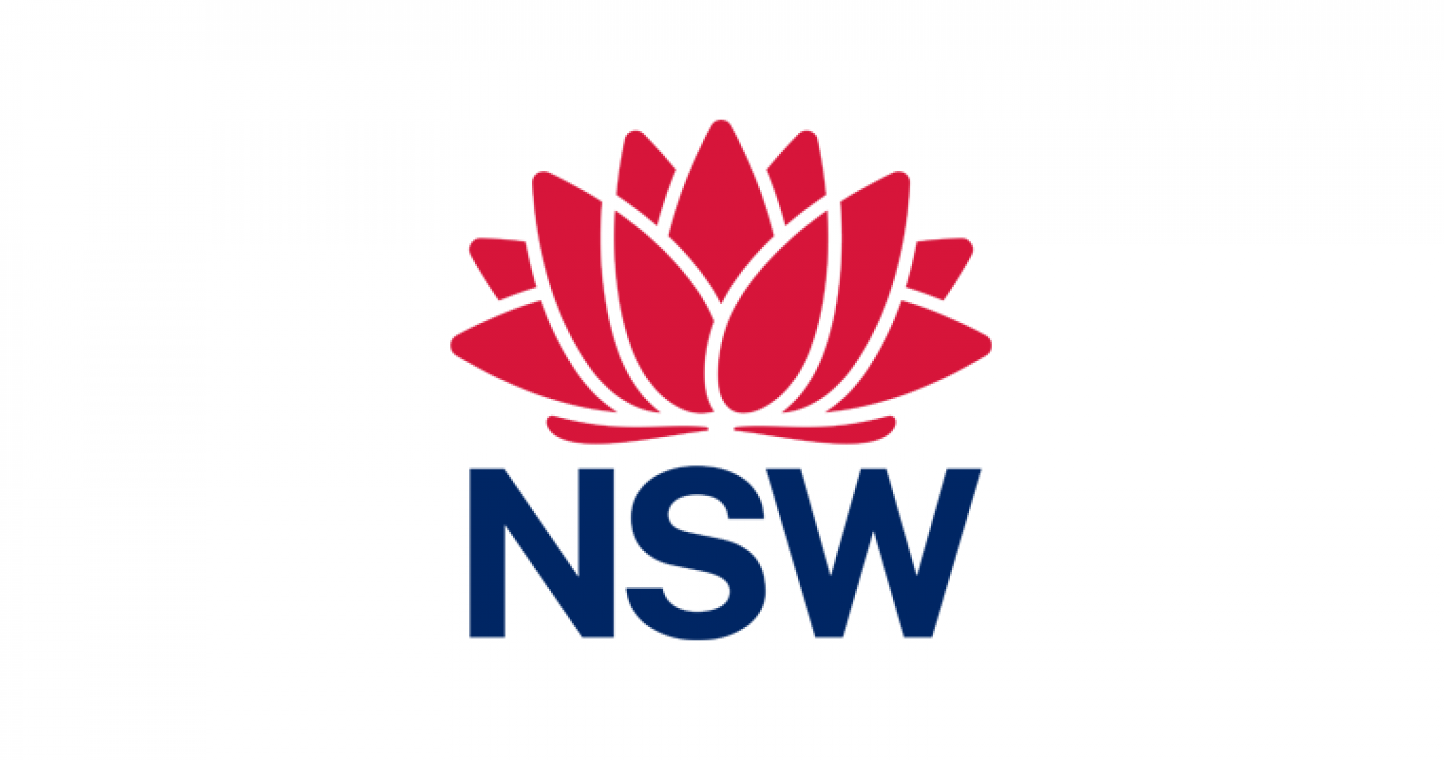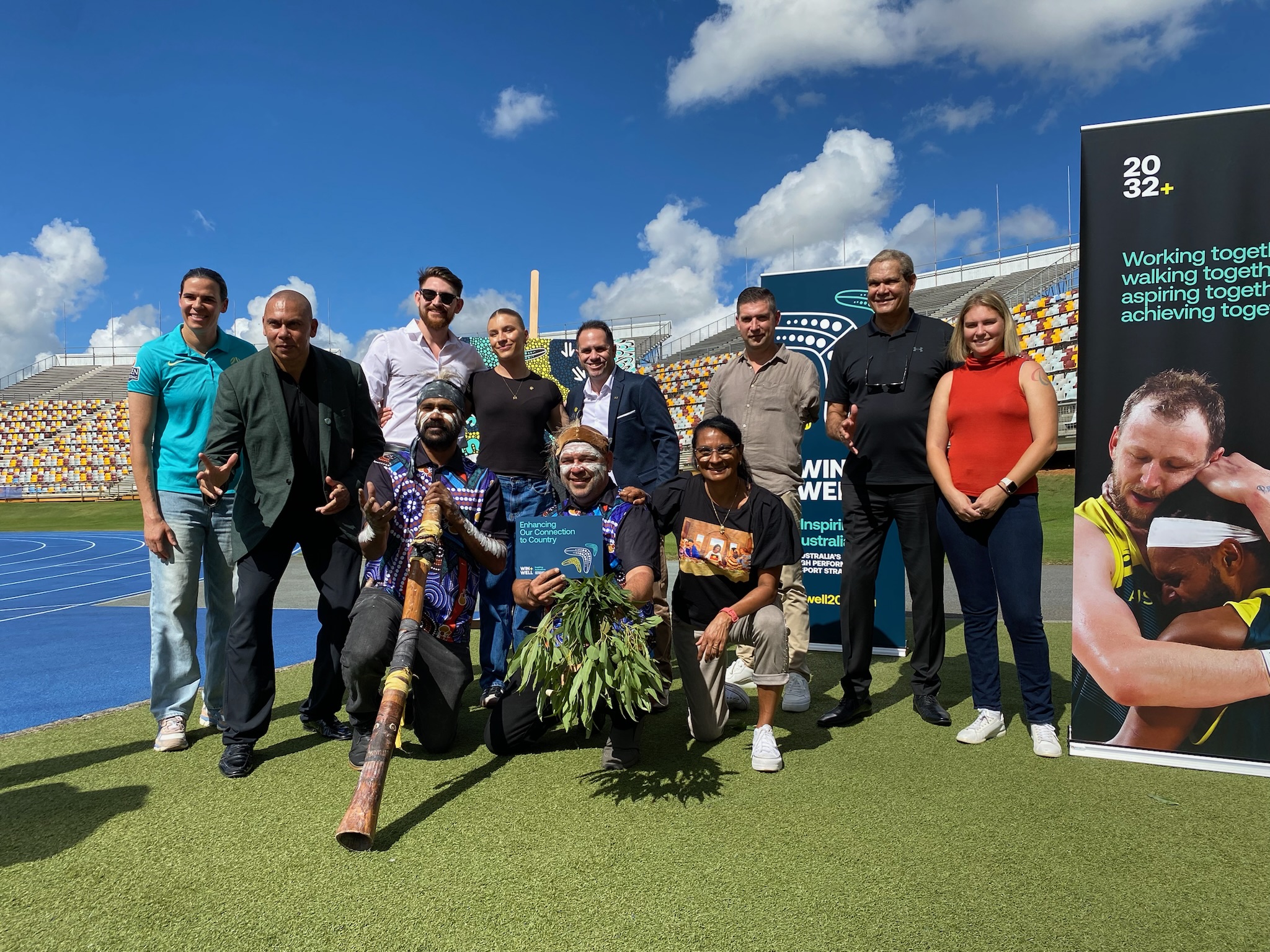Key points:
- Australian beef is helping address the United Nations’ Sustainable Development Goals (SDGs), particularly SDG 2 – Zero Hunger.
- The beef industry’s commitment to continual improvement and environmental stewardship is a key component.
The 2030 Agenda for Sustainable Development and the Sustainable Development Goals (SDGs) represent the world’s plan of action for social inclusion, environmental sustainability, and economic development.
Increasingly, it is the expectation of communities, investors, and other stakeholders that industries, including Australian beef, collate and communicate clear evidence of their sustainability.
SDG 2, Zero Hunger, aims to end hunger, achieve food security and improved nutrition, and promote sustainable agriculture. It is here where Jacob Betros, Manager of Beef Sustainability for Meat & Livestock Australia, says Australian beef can play a key role in contributing to global goals.
“In 2021, the Australian beef industry delivered over 32 billion meal portions of red meat to the world, and we export anywhere between 70 to 80 per cent of what we produce,” Jacob said.
“This is key to achieving global food security.
“We utilise land where other forms of agriculture cannot perform. We’re a big country with a small population, so we have the ability to help feed the world.”
When diving into the targets underneath SDG 2, target 2.4 seeks to ensure sustainable food production systems and resilient agricultural practices are implemented to increase productivity and production, while being resilient to a changing climate.
“The Australian Beef Sustainability Framework demonstrates how Australian beef is increasing its productivity while ensuring strong environmental stewardship,” Jacob said.
“The industry has worked through drought, flood, and fires and has come out the other side with better productivity.
“We can show clearly a growing proportion of agricultural land under productive and sustainable agriculture.”
Beef was a focus during World Iron Awareness Week, due to its ability to deliver more iron than other animal proteins and provide 12 essential nutrients. Mr Betros said it was another motivator for the industry to progress on its path of continuous improvement in sustainable production.
“The industry has openly and transparently shown it is key to improving land and soil quality through sustainable grazing management and is focused on continuous improvement,” he said.
“Not only are we making positive outcomes on land, but these outcomes are also leading to a nutrient-dense product.
“With World Iron Awareness Week just completed, we have to keep showcasing how beef is a sustainable source of iron and is a key product in achieving food security and improved nutrition.”







